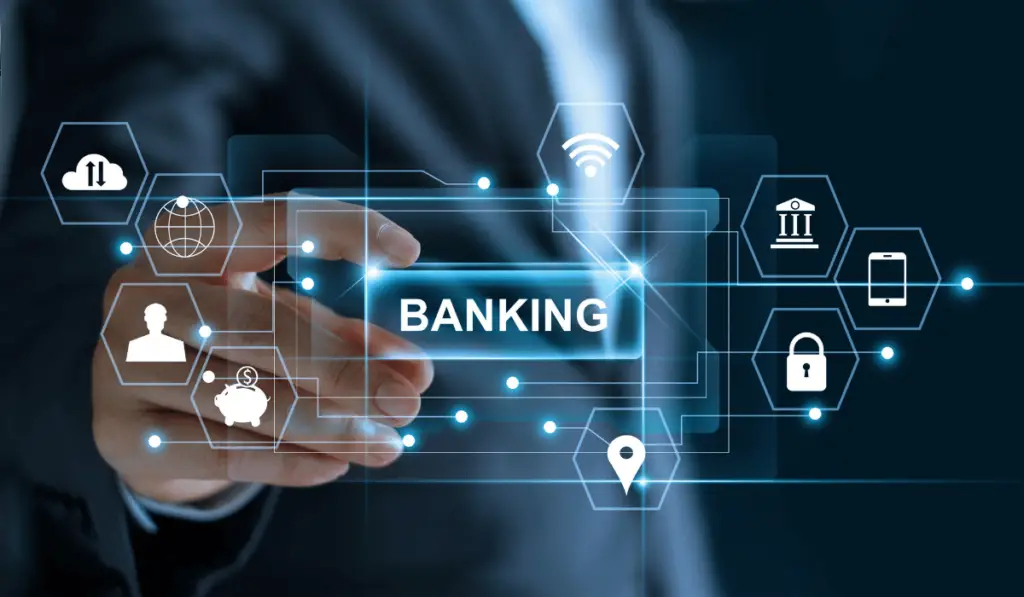In today’s world of digitization, cybercriminals employ various tactics to fulfill their ill intentions. Using sophisticated technology to hijack the identity of legitimate customers, bad actors deceive financial businesses such as banks, insurance firms, and credit unions.
To address the problem of identity theft and to safeguard against money laundering, financial organizations are required to perform Know Your Customer checks before creating business ties with customers and partner entities.
KYC falls under Anti Money Laundering (AML) obligations enforced by regulatory watchdogs to make sure enterprises are kept safe from financial crime. Doing KYC verification is a mandatory requirement for banks to protect themselves from the illicit flow of money through their platforms.
What Is the KYC Process?
A KYC process is a set of procedures to check whether an onboarding customer is real. The process initially begins with acquiring identity information about the client, verifying and evaluating what was submitted, and assessing the overall risk related to the customer to prepare for ongoing or background checks.
See Also: Why Gen Z and Millennials Switch Banks? How to Attract Them to Yours?
Why Is KYC Important for Financial Institutions?
A purpose of a KYC process is to ensure transparency between the business and a customer when they perform a transaction. Here are some advantages a financial business can get by practicing KYC compliance:
1. Brand Credibility
A KYC-compliant business is renowned not only between customers but across the market as well
2. Secure Customer Experience
KYC verification helps protect the personally identifiable information of the customer from getting into the wrong hands. Apart from that, it saves a financial institution (FI) from losses incurred due to data breaches and other cybercrime.
3. Mitigating Financial Crime
A KYC process focuses on preventing financial crime such as tax evasion, money laundering, and terrorist financing.
4. Keeping Criminals at Bay
KYC verification prevents bad actors from selling fake Initial Coin Offerings (ICOs)
5. Better than Manual Audits
One of the major benefits that KYC verification brings is that it saves enterprises from the cost and effort of investing in manual verification teams.
6. Time & Cost-Effective
Automated KYC solutions not only help the customer’s time during onboarding but also are cost-effective for a business.
7. Error-Free
Digital KYC verification is free from human negligence and possible errors could be significantly reduced during verification
You May Like: How Do You Develop a Financial App?

KYC in Banking
Banks and other financial institutions employ robust KYC procedures to ensure that their customers are not involved in financial crimes such as money laundering, identity theft, terrorist organization financing, etc. An effective KYC authentication process involves the following two elements:
1. Customer Identification Program (CIP)
The Customer Identification Program enables financial institutions such as banks, to take necessary steps to ensure customer legitimacy. CIP, commonly known as the Know Your Customer Program, requires a customer to be verified through the collection of their PII (Personally Identifiable Information) such as their name, DoB, residential address, etc., which is then cross-matched against the official documents provided to ensure that the customer is legitimate.
Furthermore, according to the FinCEN (Financial Crimes Enforcement Network), four primary factors are included in an efficient customer identification program:
- Performing Identity verification of end-users
- Identifying and authenticating the legitimate identity of beneficial owners of the authorized entities
- Developing a customer risk profile
- Ongoing monitoring of customer transactions and information to detect suspicious activity
See Also: Why Crypto Market Is So Down? 8 Major Reasons
2. Customer Due Diligence
Customer Due Diligence (CDD) is at the heart of the KYC process and is used by the banking sector to accurately verify the identity of the customers, making sure they are not mentioned on any global criminal watchlists and to assess the risk associated with them.
Due to the time-consuming nature of manual CDD processes, AI-powered KYC solutions are used today to streamline and automate the KYC process. Although there are numerous alternative methods of verification, banks rely on government-issued ID cards, passports, driver’s licenses, and other official documents to verify the customer.
You May Like: How to Avoid Budget Hazards For Better Financial Future
Additionally, due to the soaring rates of financial crimes, biometric liveness detection is also included in the KYC process, particularly to verify that the customer is physically present during onboarding, and not spoofing the system through a fake picture or using someone else’s doctored video to disguise themselves.





